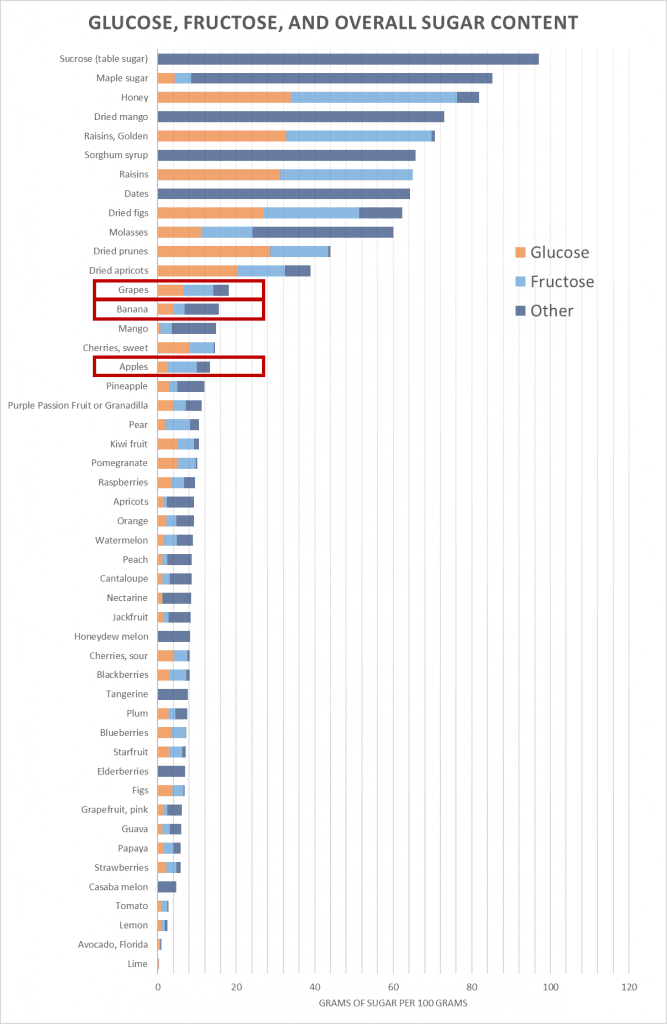It all comes down to sugar and acid. Any fruit can become wine, but grape juice (and, almost as good, apple juice) have the ideal concentrations to become a happy alcohol accident.
Alcohol is the result of yeast fermenting sugars into alcohol and carbon dioxide. Many factors go into this chemical reaction:
- Type of sugar: glucose and fructose are easiest for wild yeast to digest.
- Amount of oxygen: too much and the yeast go crazy and produce acetic acid (vinegar), not alcohol.
- Acidity: yeast can thrive in a wide range of acidity. Higher acidity is ideal in that the yeast live, but bacteria and mold are preventing from spoiling the party.
Grapes have the highest concentration of glucose and fructose of any non-dried fruit. Thus, a long time ago, when someone left grape juice in a covered container, all conditions were naturally occurring to make wine: high concentrations of glucose and fructose, wild yeast from the grapes, the proper acid level, limited oxygen, and a hardy flavor profile. Wine was just *begging* to be made from grapes.
Apples, cherries, and pears also have high concentrations of glucose, fructose, and acid – thus – as my dad can attest from his days of growing up on the farm – the apple cider at the bottom of the barrel had a nice “kick.” Bananas and mango have an overall high sugar content, but their sugars are not glucose and fructose.
With other fruit juices, there is a chance for alcohol, but also a higher chance for spoiled or not-tasty beverages. Alcohol from other fruits requires more active involvement, including extra sugar and sometimes specialized strains of yeast.

All this is about fruit alcohol, which can be fermented directly from fruit juice. Grain alcohol (beer!) requires that the polysaccharides of the grain starch be broken down into simple sugars (thus the mashing and the malting and the boiling) before that grain juice can become alcohol.
Call to action: What better time to learn to brew then right now while we are social distancing?
